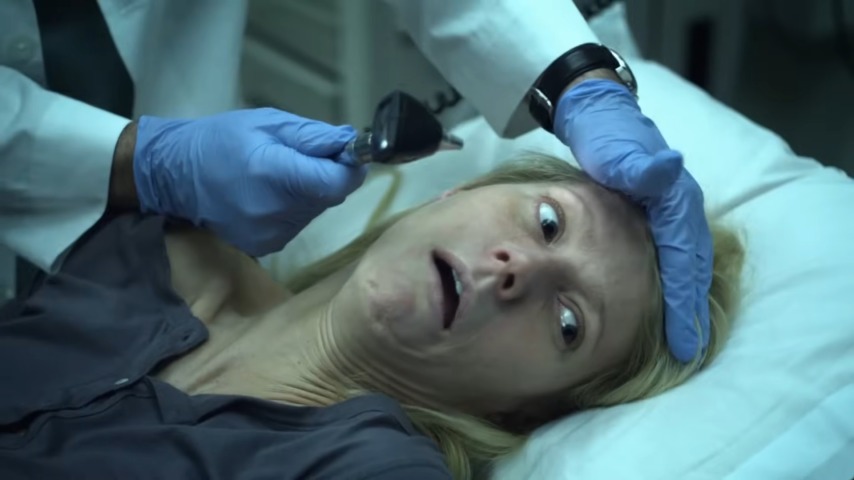Steven Soderbergh doesn't want to manifest anything with hypothetical Contagion sequel
Soderbergh has some "terrifying" ideas, but he doesn't want to be "irresponsible."
Screenshot: Warner Bros./YouTube
With one pandemic still ongoing and the threat of another lurking on the horizon, Steven Soderbergh doesn’t want to give the universe any ideas. He and his team do “talk about” a sequel to his 2011 film Contagion and have “come up with some terrifying ideas,” he said in a recent interview on the One Decision podcast (per The Guardian). Still, he kindly “[doesn’t] want to torture people” with either flashbacks to past trauma or a litany of new fears. “There are scenarios that you could come up with that I would categorise as irresponsible,” he said. “You know, that I would go, ‘That’s a big idea, but I’m not sure I want to put that idea out there, frankly.’ I do think about that.”








































